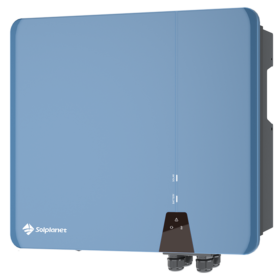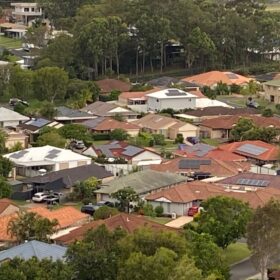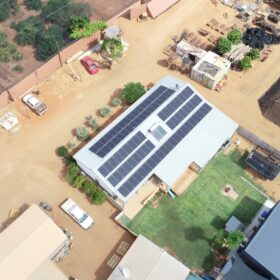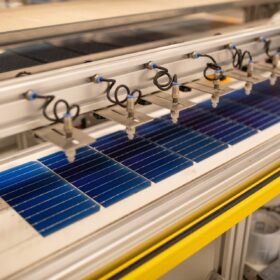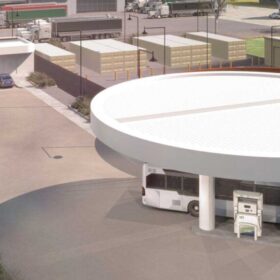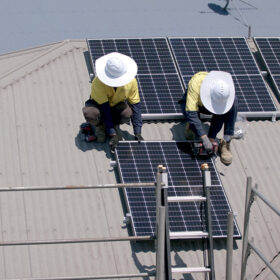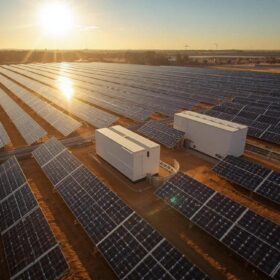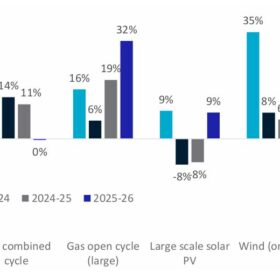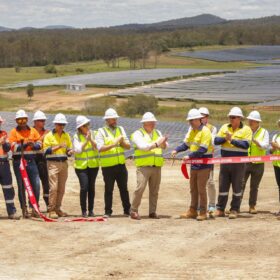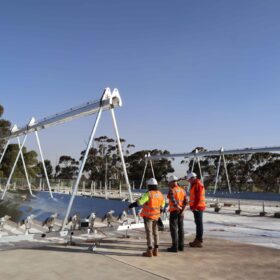Solplanet to launch new inverter solution for rooftop insallations
China-headquartered inverter manufacturer Solplanet is continuing to expand its product portfolio in Australia with the impending launch of a new three-phase hybrid inverter series designed for residential and small-scale commercial and industrial applications.
Tindo backs SunShot to kickstart solar supply chain
Adelaide-based PV manufacturer Tindo Solar is expected to be among the first applicants for a grant from the Australian government’s $1 billion Solar Sunshot program as it looks to scale up its production capacity to compete in a growing domestic market dominated by imports.
Report says rooftop solar key to cutting climate pollution
A new report puts electricity generation, storage, transmission and electrification from renewable sources on Australia’s front line to combat climate pollution.
Horizon expands software rollout to enable more regional rooftop solar
Solar access will be expanded throughout regional Western Australia with state-owned energy provider Horizon Power announcing plans to roll out “state-of-the-art” internet-connected technology that will help balance energy on regional microgrids.
Albanese announces $1 billion ‘pit to panel” solar manufacturing program
The Australian government will commit $1 billion to help build a domestic solar panel manufacturing industry that it anticipates will underpin the nation’s future as a renewable energy superpower.
JinkoSolar claims top spot in 2023 PV module shipment rankings
Chinese manufacturer JinkoSolar says its solar module shipments reached 78.5 GW in 2023. This year, it says it hopes to sell up to 110 GW of panels.
Rooftop solar on Lion Energy’s radar for Queensland hydrogen hub
Australian oil and gas developer Lion Energy is considering utilising rooftop solar to help power an integrated green hydrogen generation and distribution facility approved for the Port of Brisbane in Queensland.
ElectraNet rolls out transmission strategy to support SA’s energy transition
The private owner and operator of South Australiaʼs electricity transmission network has laid out its plans to manage the challenges and opportunities of the state’s energy transition, including investing in major transmission projects to serve an expected increase in demand.
European Parliament approves legal requirement to install solar on buildings
Legislation that would require EU member states to integrate solar installations into future building works, and retroactively install PV on buildings, is one step closer to becoming law, after being approved by members of the European Parliament.
SafeWork NSW launches blitz on rooftop solar installations
The New South Wales workplace health and safety regulator has commenced a compliance blitz focusing on the safe installation of rooftop solar systems with inspectors to ensure business owners are checking on the safety of subcontractors.
